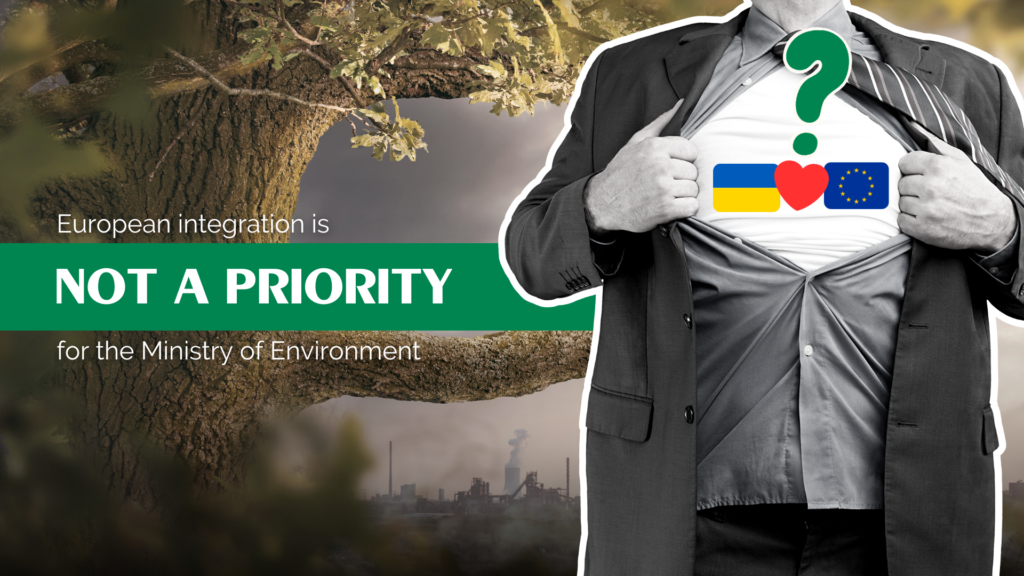Can you guess which two countries neglected their obligations under the Aarhus Convention – the international agreement on environmental protection and democracy? These are Ukraine and Hungary. And while Hungary has not surprised anyone for a long time, Ukraine’s behavior in the international arena is considered to be a deep shame. It’s a shame and a hazard because our reputation in the area of environmental protection policy formation and implementation has already been sinking a lot over the past six months…
What are we talking about? Two years ago, the Meeting of the Parties to the Aarhus Convention approved a decision on Ukraine’s violation of its obligations under the Convention in the context of product sharing agreements (shale gas agreements of Yanukovych’s time). In 2021, the Meeting of the Parties recommended that Ukraine, as well as the other 17 countries in respect of which a decision on non-compliance was made, take the necessary legislative, regulatory, administrative or other measures necessary to correct the situation, and thus do the following:
by July 1, 2022, develop an action plan to implement the recommendations;
by October 1, 2023, submit the first detailed progress report on actions taken and results.
Among 18 countries that are Parties to the Convention and were found by the latest Meeting of the Parties to be in non-compliance, only Ukraine and Hungary did not propose appropriate action plans. Moreover, in the official letter the Ministry of Environment wrote to the Secretariat of the Convention that currently the fulfillment of these obligations is not a priority for the government.
At the same time, the recommendations of the Meeting of the Parties directly concern at least two EU acts that were included in the EU-Ukraine Association Agreement. These are:
Directive 2003/4/EC on public access to environmental information;
Directive 2011/92/EU on the assessment of the effects of certain public and private projects on the environment.
Therefore, it is simply surprising to hear statements on non-priority, particularly in light of the latest decisions of the European Council, which opened negotiations on Ukraine’s accession to the EU.
In fact, the question is not about priority, but about the non-acceptance of democratic values promoted by relevant European instruments. All the necessary decisions on the above-mentioned issue have long been worked out and discussed more than once within the framework of the interdepartmental working group with the involvement of environmental public interest lawyers. Another issue is that the proposed solutions, which are the requirements of the convention and European legislation, are simply not accepted by the responsible high-ranking officials. Transparency of the government functioning, participation in decision-making and accountability to society have not yet become integral features of the Ukrainian bureaucratic machine.
Even in the context of the ongoing war with Russia, the Aarhus Convention Compliance Committee stated that Ukraine is obliged to fulfill all the requirements of the Convention regarding democratic management of issues related to the environment. At the beginning of the war, Ukraine was forgiven for many things, but now in view of the opening of the negotiation process regarding Ukraine’s accession to the EU, there will be no concessions. If recommendations of the Meeting of the Parties are not implemented, at the next session in 2025, a formal warning will be issued to Ukraine. The decision on deprivation of rights and privileges can also be made. Can the Minister explain how Ukraine can join the EU with such a “track record”?


